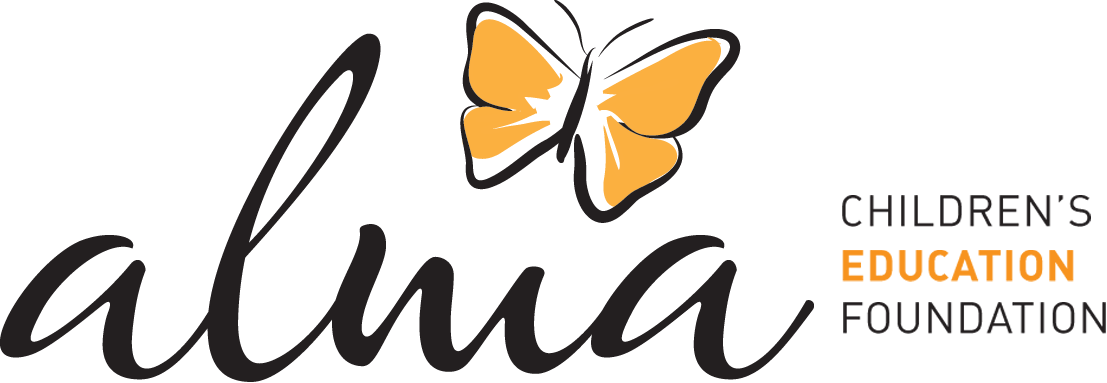

This is my second year working at Alma and I have really learned firsthand how difficult it is to work in inclusive education in our department and, I believe, across the country. Last year I was able to see how classroom teachers were always asking for help to make curricular adaptations or to adequately address the learning needs of students with visual and/or hearing disabilities or autism.
For a long time, I thought that special education was an area where many institutions supported; I have always seen donation campaigns, marathons, awareness, and other actions, I assumed that everything should be covered. But now working in education with teachers and now with teachers and students of the ESFM, I realize that we are missing giant steps to guarantee inclusive education.
This year I met Elio who is a blind student at ESFM Juan Misael Saracho based in the community of Canasmoro; Elio is in his 4th year of training to become a teacher of values, spirituality and religion. He was born in Chuquisaca and to study he opted for boarding school and differentiated admission, since in Bolivia the Ministry of Education establishes that students with disabilities have free admission to the ESFM and to do so they only have to take aptitude exams, which means that they do not enter the competition for placement. So far it seems that everything is solved because in Canasmoro there are teachers to support students with disabilities, but the truth is that when you enter the campus of Canasmoro you realize that nothing there is designed for these students.
Elio not only studies in Canasmoro, but he also lives there because he is in the boarding school, which means that he lives with other students every day. He has no close family in Tarija, so it is really his classmates and boarding schoolmates who help him with everything he needs and have become his family during the four years he has been a student. Although not all teachers have been trained, and no special infrastructure has been made, these four years have been wonderful for Elio. In fact, he considers that he has found a family in his classmates, friends, and teachers at ESFM and plans upon completing his studies, to stay as teacher in Tarija instead of retuning to his homeland.
Knowing Elio’s story has made me think about how we, from wherever we are, can contribute to improving the living conditions, experiences and education of students like him. Of course, the State has debt has an outstanding debt with people and students with disabilities because it is clear that there is a lack of investment, lack of relevant educational material, lack of training for teachers and professors, and a lot more than we can imagine to achieve educational inclusion, but also believe that we as teachers, parents, trainers of a foundation, colleagues, teachers or administrative staff can also contribute to improving these conditions, we can make changes and be more inclusive.
This has really put me in a more open position, and I think that now I am more attentive to their needs, I know that this year we have 8 students with visual disabilities in different specialities at ESFM, I know that the support they are given to them is an interpreter teacher who helps them to adapt the content and tasks in Braille; however, for our workshops we do not have that additional support, so I have been talking with the students to see what else, from my role as Alma’s trainer can do for them, as I said “from where we are can generate great changes.”
Leydi Osorio
ESFM CONSULTANT – TARIJA


(Elio)
